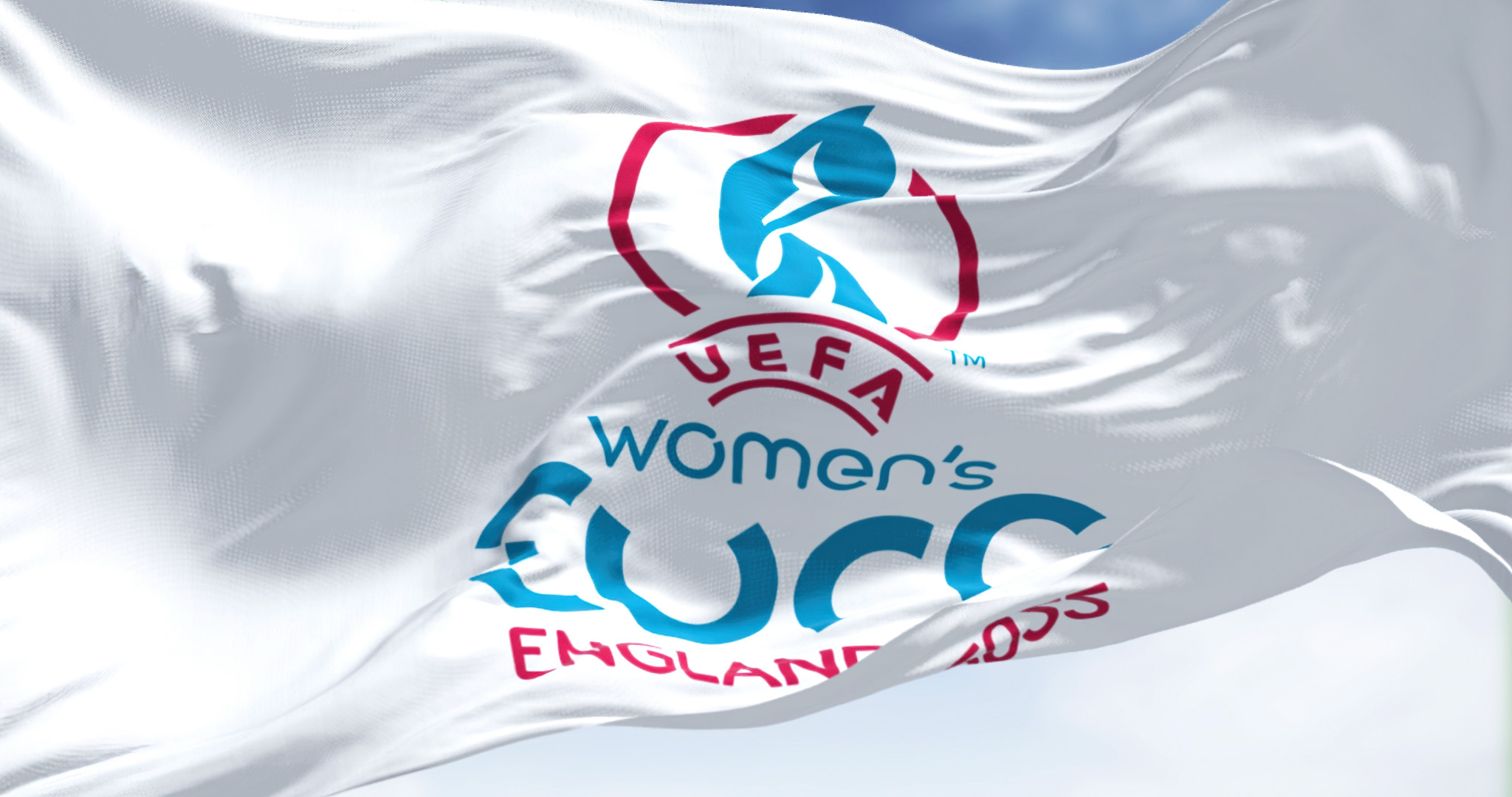Dr Kristy Howells discusses women in sport, the triumphant win of England in the European Women’s Football Championship, and ways in which we can inspire, motivate and encourage children into physical education and sport.
Four years ago we called for the need to have more female role models in sport to inspire the next generation. This week the amazing Lionesses did indeed ‘bring it home’, to a highest (for both men’s and women’s) ever attended European championship with 87,912 fans watching on.
2022 has also been the year that the Tour de France Femmes avec Zwift, has returned, the first time, since the original stage race was cancelled in 1989! It saw a fantastic 8 days of bicycle racing, and was led by a female race director.
Women are also very prominent in the Commonwealth Games as since 2018, one of their core values is equality and equal medals for women and men have been introduced. The Commonwealth Games have also been working on gender parity of the technical officials with basketball, hockey and swimming now featuring over 50% women. Perhaps with such prominent successes of our women, now is the time to keep this momentum going to continue to inspire our next generation of girls, young adults and women, to take part in sport, physical activity, active transport and physical education. There is the need for still more female coaches, volunteers, directors of boards. With more women in both elite as well as grass root sports to act as role models, as well as high quality physical education, physical development and sport within educational settings.
In the background of all the success of our elite women, it is important to note that not all our elite athletes are fully professional (including some of the Lionesses), they are in fact dual athletes, having a part / full-time jobs due to the funding levels and wages of women in sport.
Data in Sport England’s recent Active Lives report, is also not so positive. The report measured physical activity and wellbeing levels and indicated that only 44.6% of children and young people are meeting the Chief Medical Officer’s recommendations of 60 minutes of moderate to vigorous physical activity a day, with activity levels remaining lower than pre-pandemic levels. Sport England did find however, that there was no differences in gender on the likelihood of being physical active, with girls actually increasing their level of activity post-pandemic by 2.7% whilst boys decreased by 2.4%. These changes in physical activity levels, may have been due to the embracing of new opportunities or using equipment such as footballs that were available to play with easily in back gardens, outside areas, during the lockdown and pandemic times. Yet overall, all our children and young people still need encouragement to meet the daily physical activity recommendations.
It is recommended that now is the time to build on the summer sporting successes, that there a need for more opportunities in allowing choice in activities our young children wish to undertake. By allowing them to experience, to enjoy sport no matter what their gender, to remove stereotyping and the Lionesses winning, I hope will allow for football to be seen as a ‘boys’ sport to be reduced.
In the same way that Bethany Shriever has helped to reduce the male bias of bmx racing after her Olympic gold last year. Every child, young person and adult needs to find the sport that is for them and the place they feel at home, the space in which they belong. One way to enable this feeling of belonging is to include a wider variety of sporting activities through Physical Education becoming a core subject within school as proposed in the Lords Committee report for national plan for sport, health and wellbeing. This would help inspire, motivate and encourage all children to continue then with life-long physical activity and also understand the life-wide reach of physical activity. This will allow the next Commonwealth championships to be nurtured, developed, and supported, funding opportunities and increases in women’s sporting wages would also help the next Lionesses to ‘keep it home’.
Dr Kristy Howells is Reader in Sport Pedagogy and Physical Education in the School of Psychology and Life Sciences.
 Expert comment
Expert comment Emma Grafton-Williams
Emma Grafton-Williams 2095
2095


